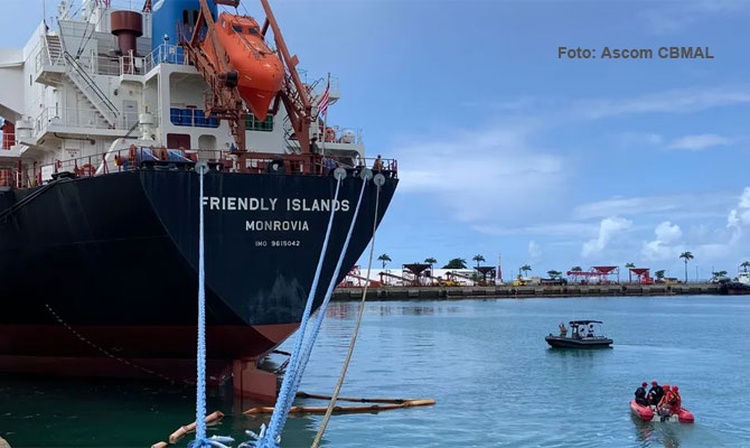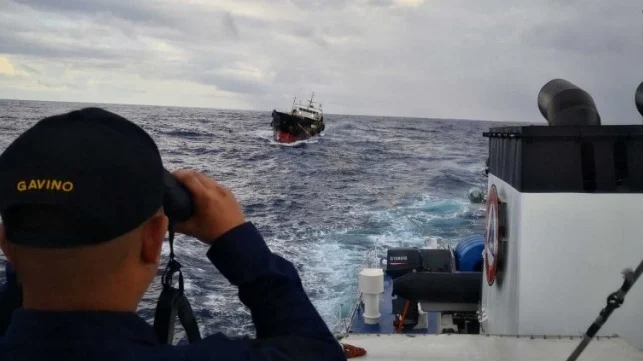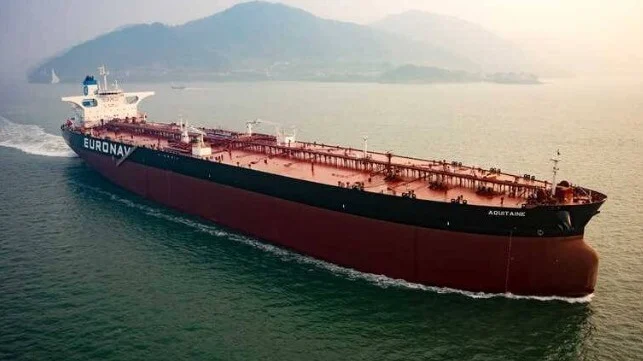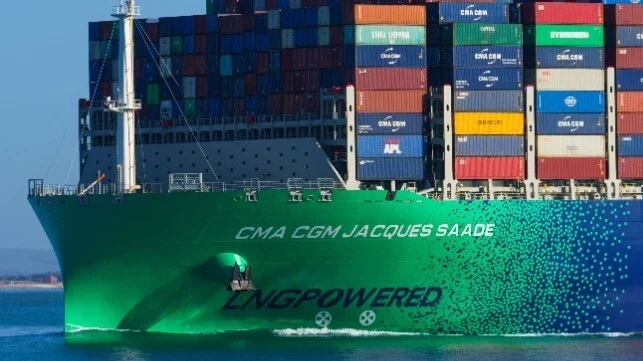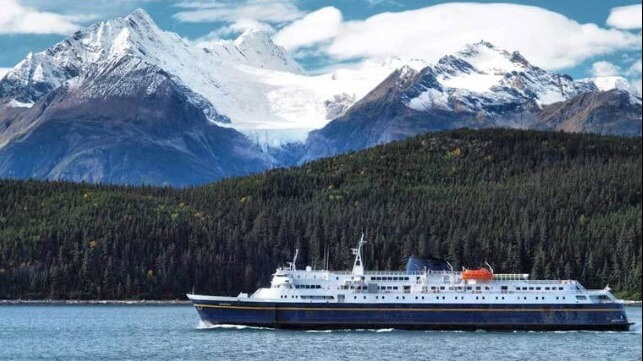
By : Alexey Fitiskin
The marine fuel optimization system allows the shipowners to track, measure and display the exact amount of fuel oil used. Fuel consumption optimization systems not only provide the amount of fuel used during the trip, but also provide additional data related to fuel usage. Vessel fuel optimization systems provide statistical information on various parameters, such as the amount of fuel used by a particular engine or generator while moving at sea or in port.
Such type of system also helps to compare performance of different crews or voyages. In 2016, D ABB, Ltd. (Switzerland), Siemens AG (Germany) and Emerson Electric Company (USA) were recognized as world leaders with a wide range of products serving the marine sector for marine fuel optimization systems and provided the bulk of more than 50% of the global marine fuel optimization market.
Such situation was before 2016. Since then there has been a sharp technological leap in the maritime industry. To analyze fuel consumption, it is possible to gather and use data not only about the engine, but also many other external parameters affecting fuel consumption. In fact, earlier it was possible to analyze data after arrival to the port, for example, this captain exceeds the recommended speed on the route, which affects the additional expense and financial costs.


It was really good and useful if captain or crew or even shipowner could see this data in real time and adjust the actions on board related to fuel consumption. But of course, there was no possibility of preventive measures: planning the optimal route, not only in terms of time of arrival at the destination, but also fuel costs / consumption. To realize this possibility, it is necessary to analyze more factors, and not just data from the engine:
- Vessel hull fouling
The control of this parameter can give fuel optimization up to 7%
- Trim and draft
Monitoring these parameters will provide up to 5% fuel savings
- Storm and Weather
Route planning based on weather conditions will give up to 3% optimization
- Currents and waves
It will also allow you to choose a route with less resistance and save up to 3%
With machine learning (ML) and Artificial Intelligence (AI), monitoring data on fuel consumption from the engine becomes only supporting information for collecting statistical data and analysis in order to build effective fuel optimization models with route planning and a warning system for both the captain on the vessel and fleet management system in a shipping company.
The owner and the management of the ship company thus receives tools for significant optimization of activities: saving even 5% of fuel will save up to $ 100,000 per year from 1 vessel, at a cost of 30 tons per day at a price of $ 250 per ton and 280 days at sea.
It can only be provided with preventive measures, building effective models, collecting a large amount of data and machine learning in order to submit analytical and forecast data for approval to the management of the ship company and the master.
Thus, technologies have opened up new prospects for maritime logistics and promise a change in the landscape of the existing market for fuel optimization systems. One of these innovative solutions was the fuel optimization system for shipowners – Marine Digital FOS.





